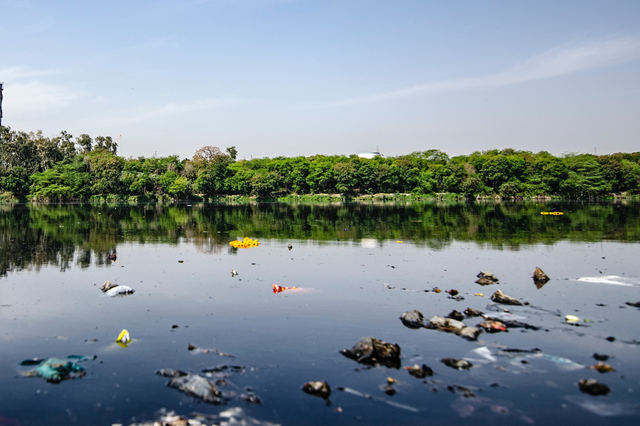Kinshasa – Aid workers in the eastern Democratic Republic of Congo (DRC) warned Thursday of a possible “health disaster” because of an alarming surge in cholera cases in makeshifts camps for displaced people.
Doctors Without Borders (MSF) said that between November 26 and December 7, 256 patients had been admitted to its cholera treatment centre in Munigi, near the eastern city of Goma.
A third of them were children under five, the aid agency added.
“In just 10 days, the number of people suspected of having cholera has increased alarmingly,” MSF said in a statement.
More than 177,000 people were “now trapped in dire conditions” in the Nyiragongo area north of the city, having fled the advance of the M23 rebel group in recent weeks.
And as heavy showers fell during the rainy season, these displaced people were forced to live in shelters made from nothing more than branches and tarpaulin.
“We have neither showers nor toilets,” Nyira Safari, the mother of an eight-year-old girl with cholera symptoms told MSF.
She took her daughter, who was “very weak and could barely stand” to an MSF-supported health centre for treatment.
Aid response inadequate
Tens of thousands of people are living packed together with no access to sanitation.
“Given the lack of food, shelter, latrines and showers, all the ingredients are there for a health disaster,” said Simplice Ngar-One, the head of the NGO’s cholera response in Goma.
“Despite our repeated calls, the current humanitarian response is far from adequate,” Ngar-One said.
“That is just not understandable, as these people are only a few kilometres from Goma, home to many humanitarian organisations.”
The M23, a mostly Congolese Tutsi group, resumed fighting in late 2021 after lying dormant for years, and has seized swathes of territory north of Goma.
Kinshasa accuses Rwanda of providing the M23 with support – something that UN experts and US officials have also pointed to in recent months.
But Kigali has accused the DRC of collusion with the FDLR, a former Rwandan Hutu rebel group established in the DRC after the genocide of the Tutsi community in 1994 in Rwanda.
Follow African Insider on Facebook, Twitter and Instagram
Source: AFP
Picture: Pexels
For more African news, visit Africaninsider.com


